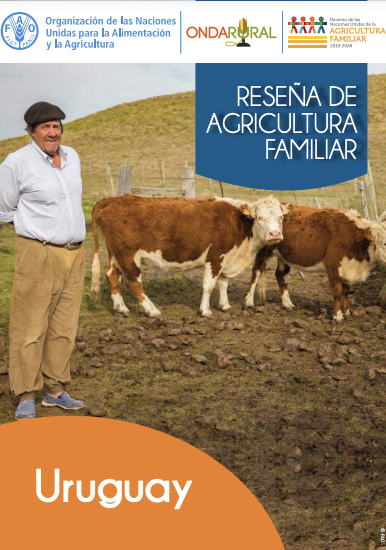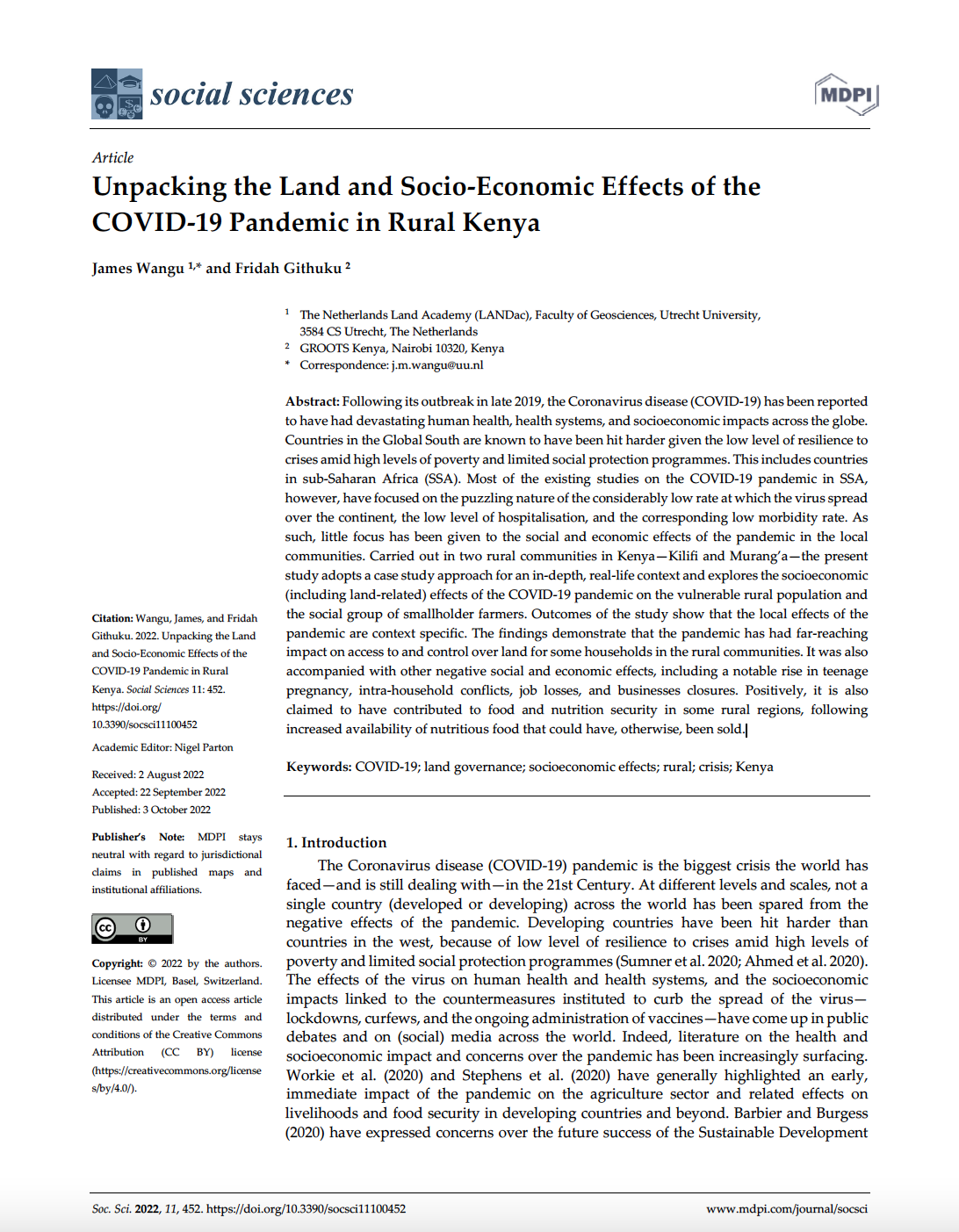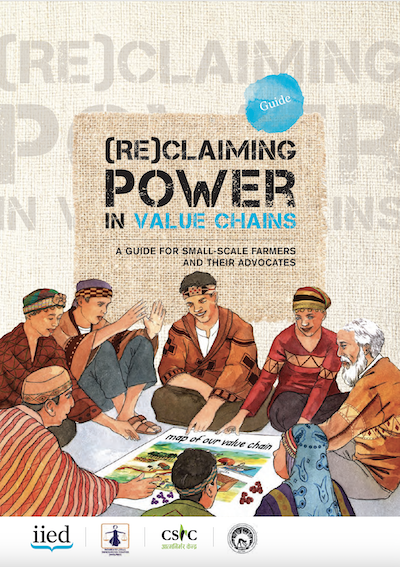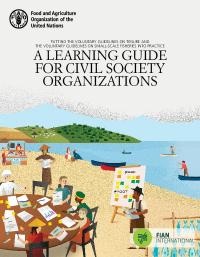Understanding smallholder irrigation in Sub-Saharan Africa: results of a sample survey from nine countries
Smallholder irrigation is emerging as a development priority in Sub-Saharan Africa. Based on a survey of 1554 smallholders from nine countries, this paper compares rainfed farming with gravity-flow, manual-lift and motor-pump irrigation. Motor-pump-irrigation farmers reported the highest net value added per acre and per family worker, with gravity-flow and manual-irrigation farmers earning marginally more than rainfed-only farmers.






